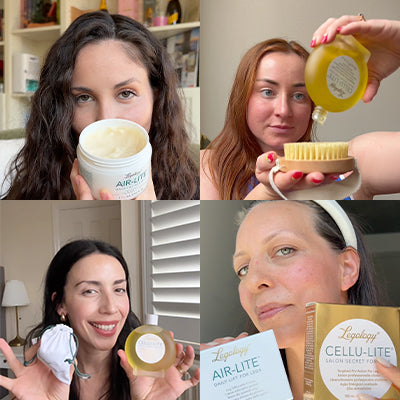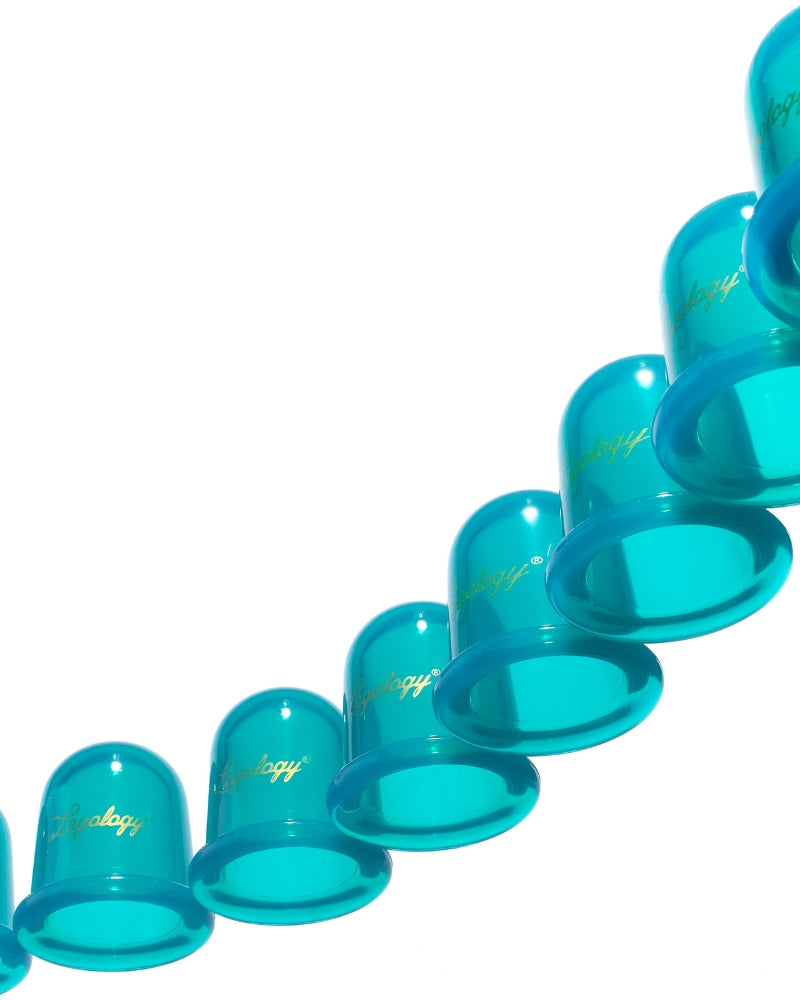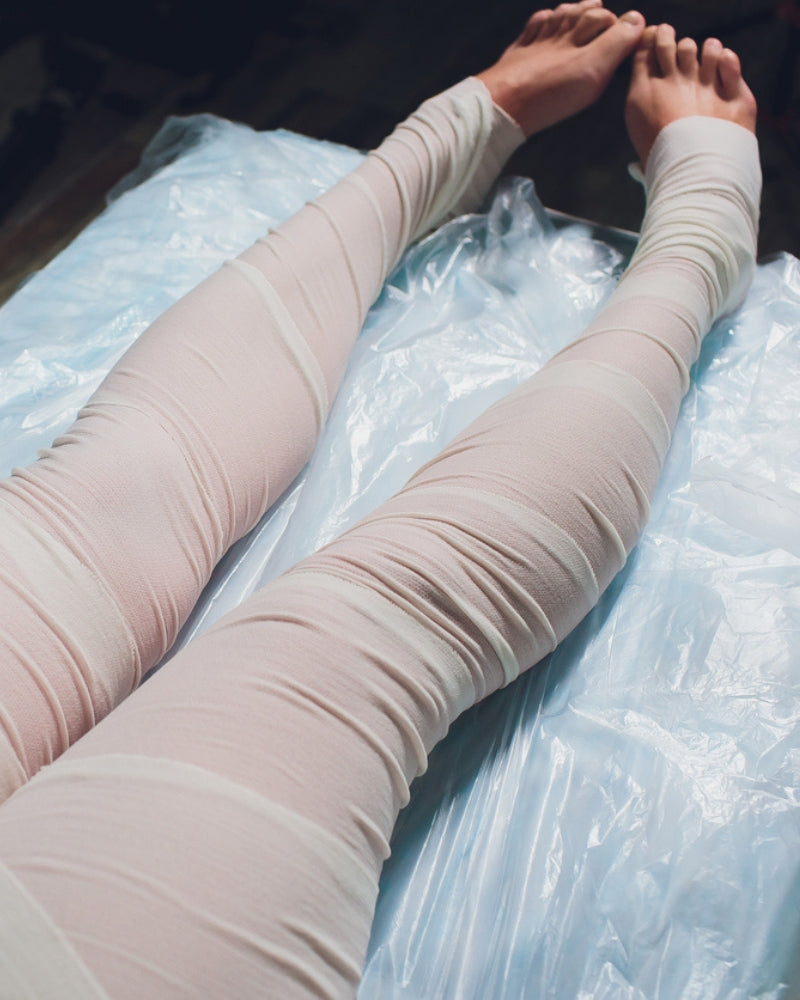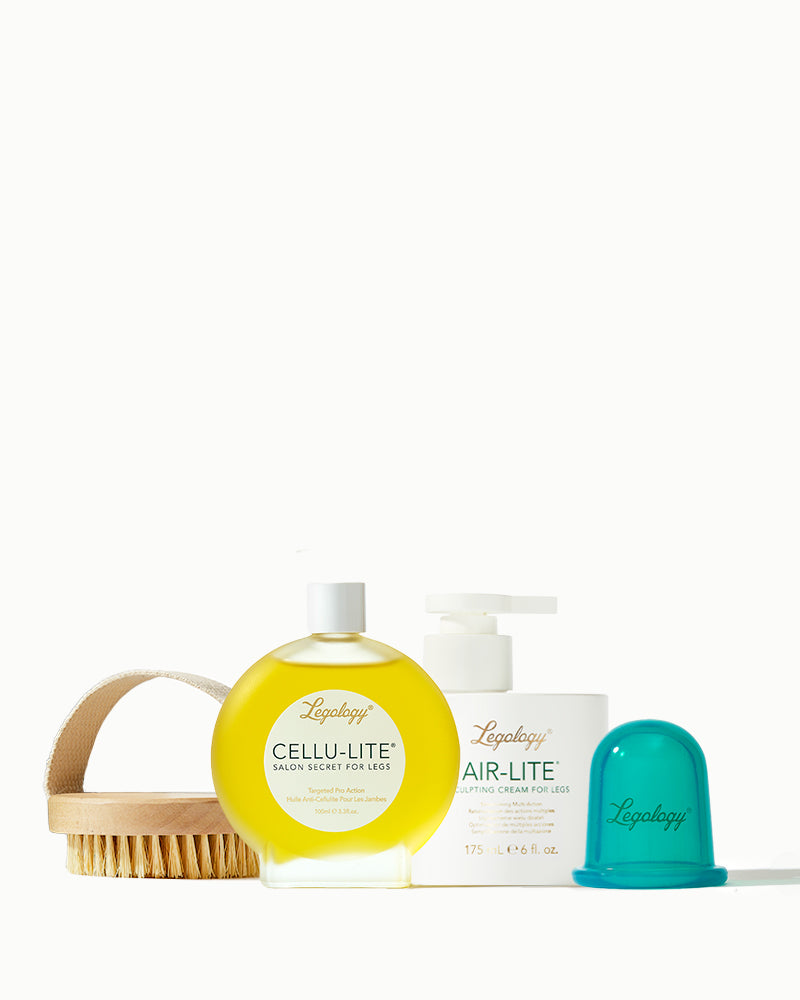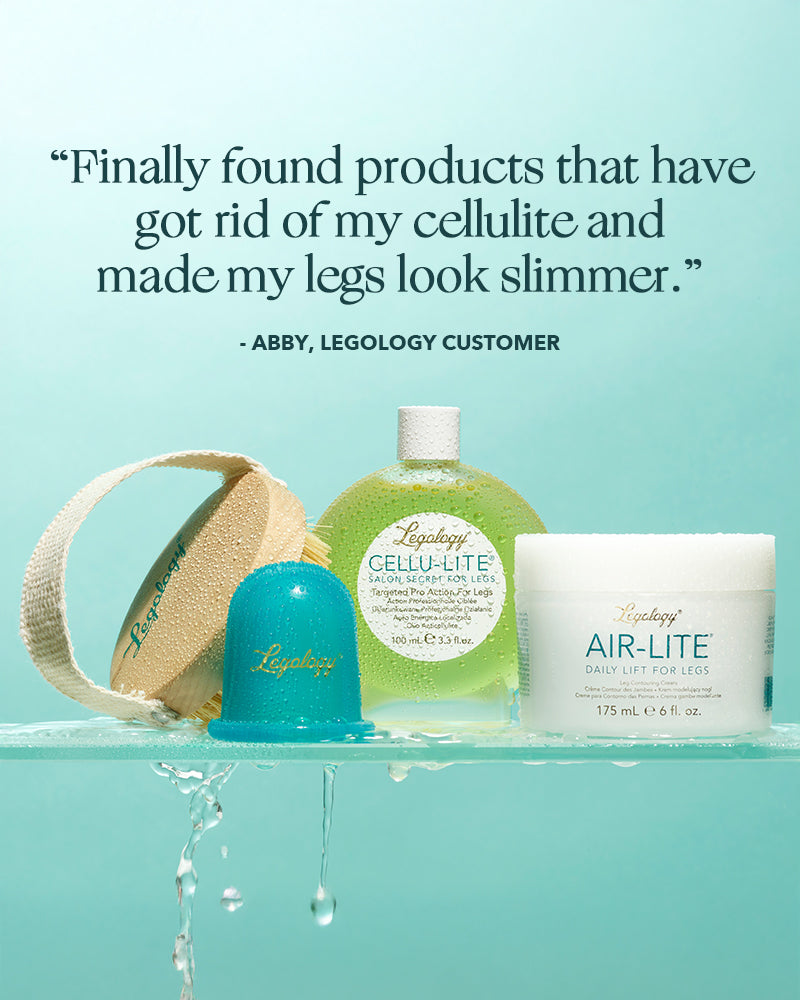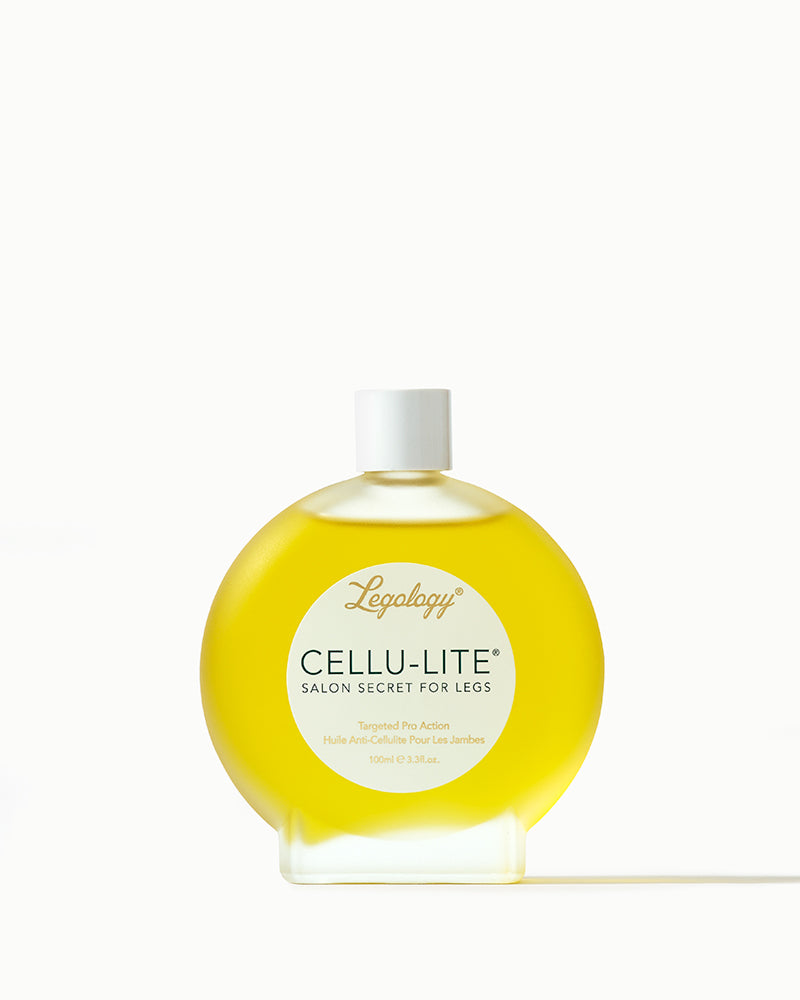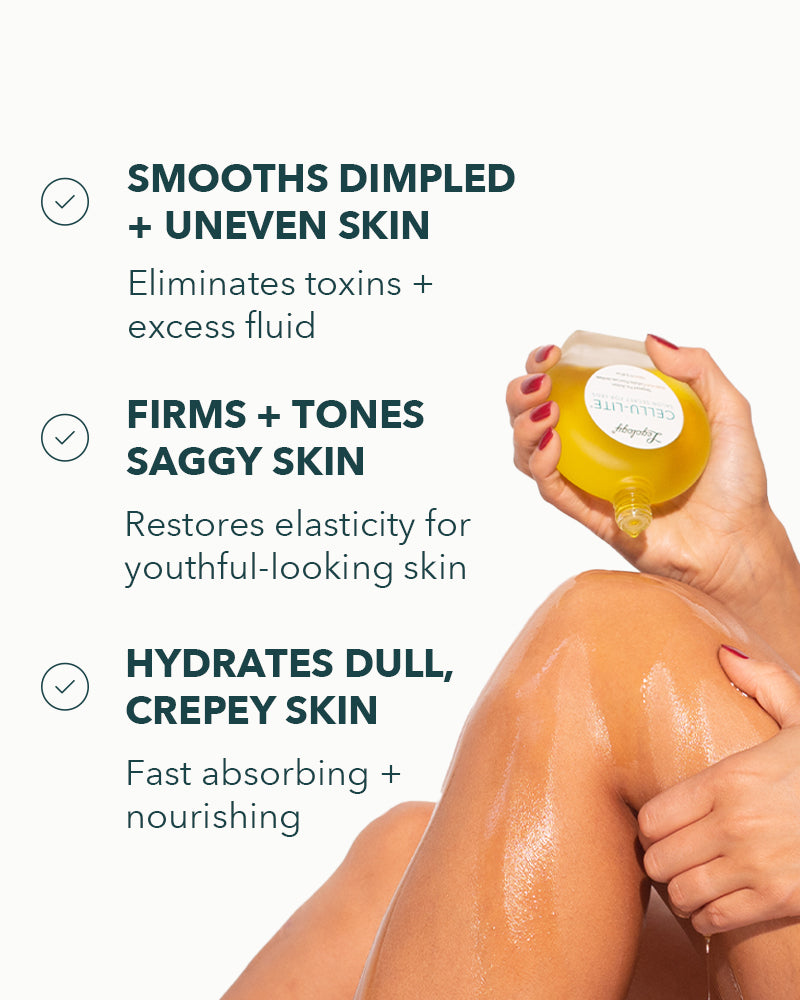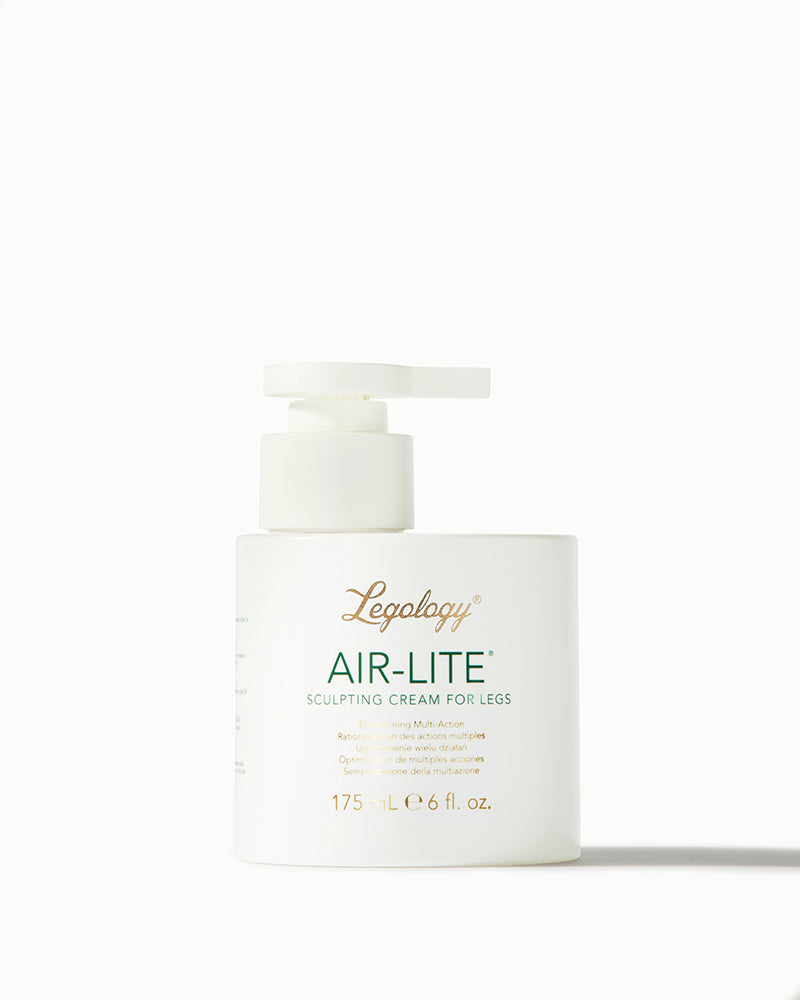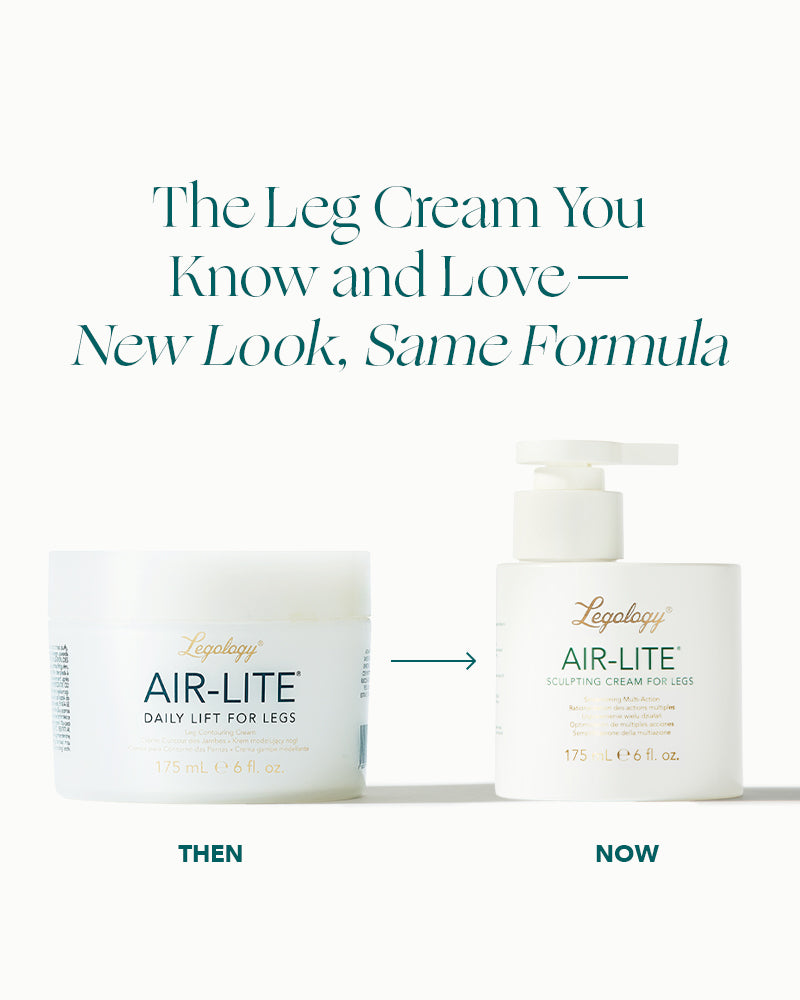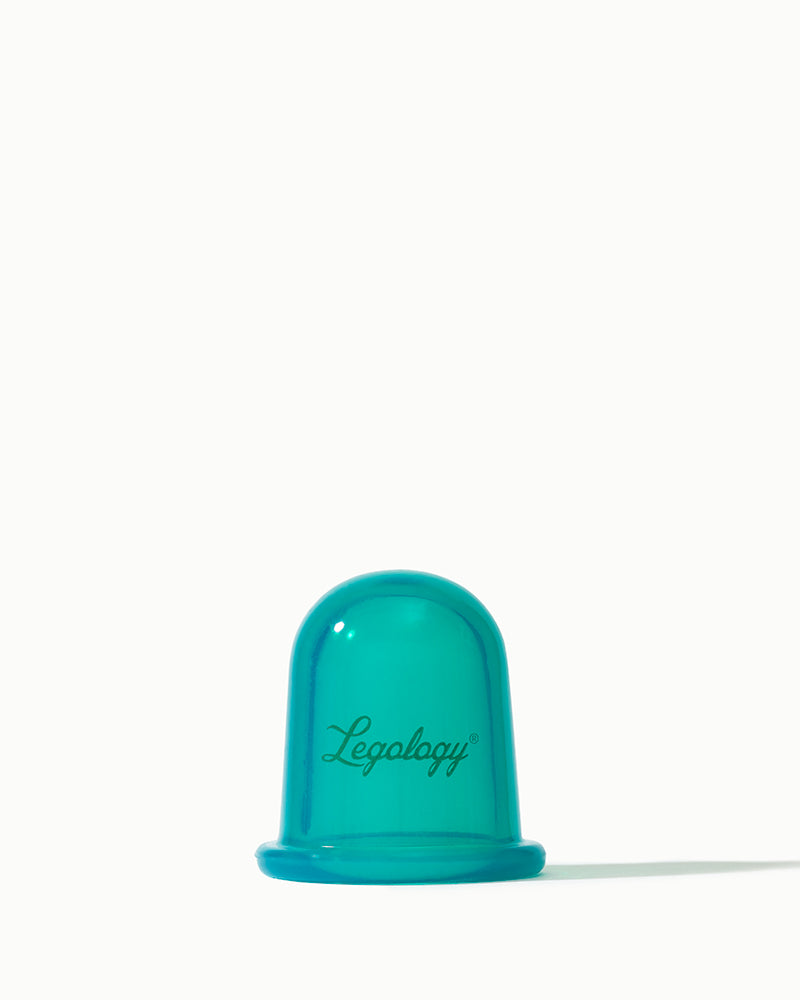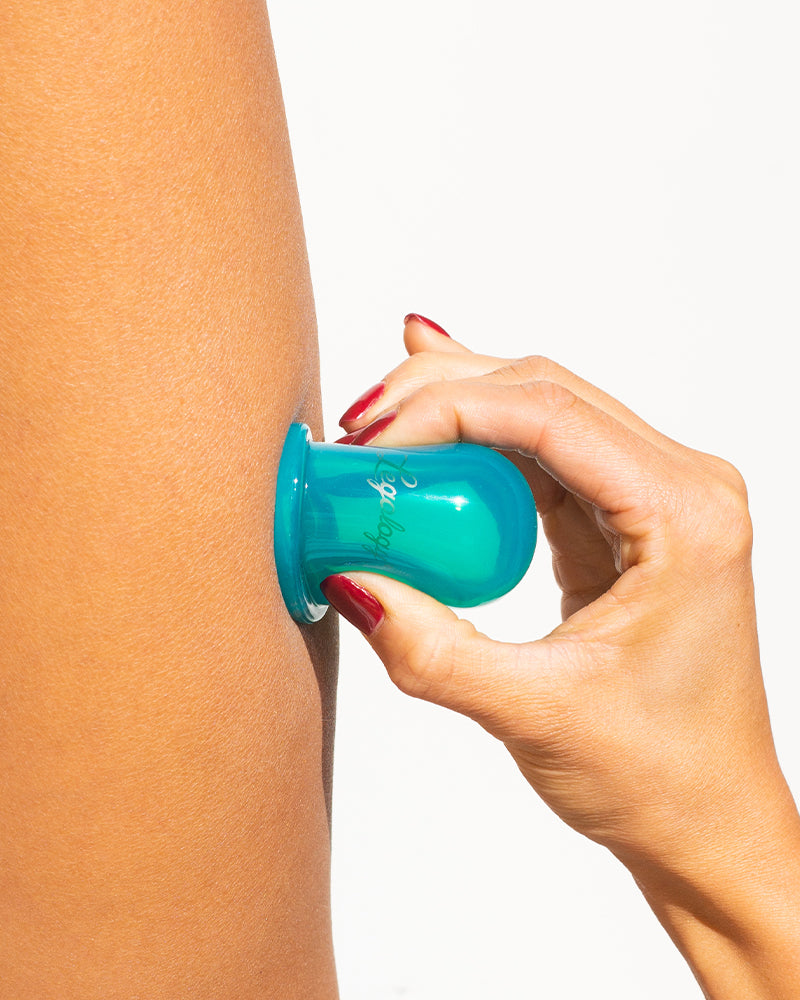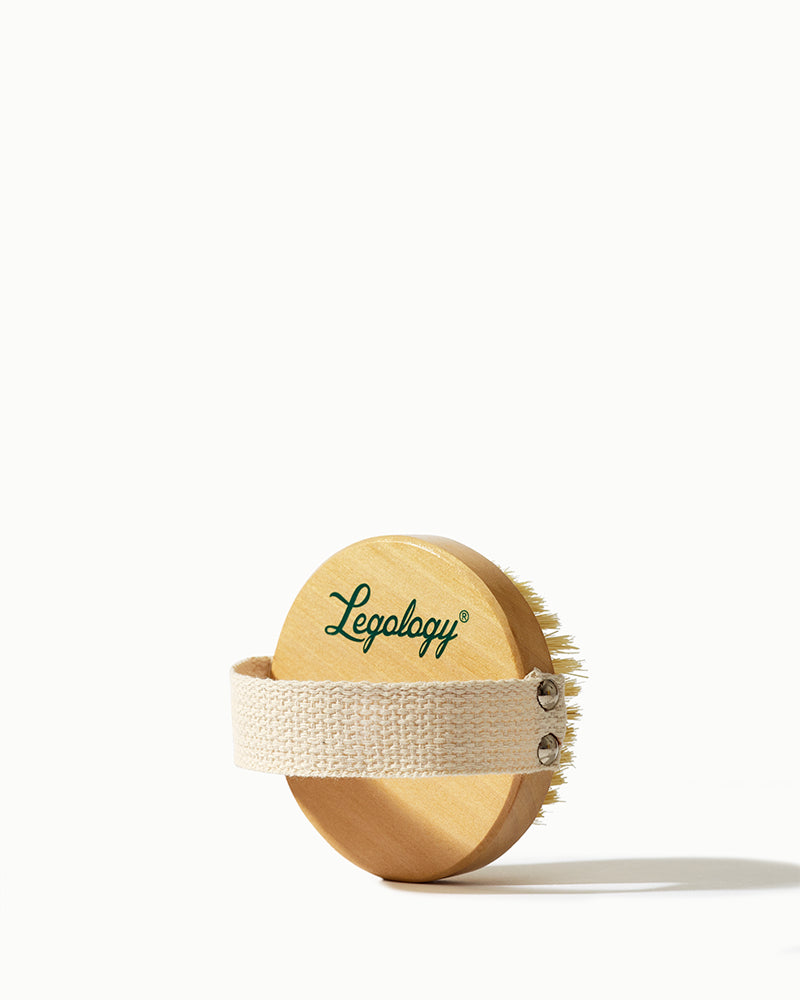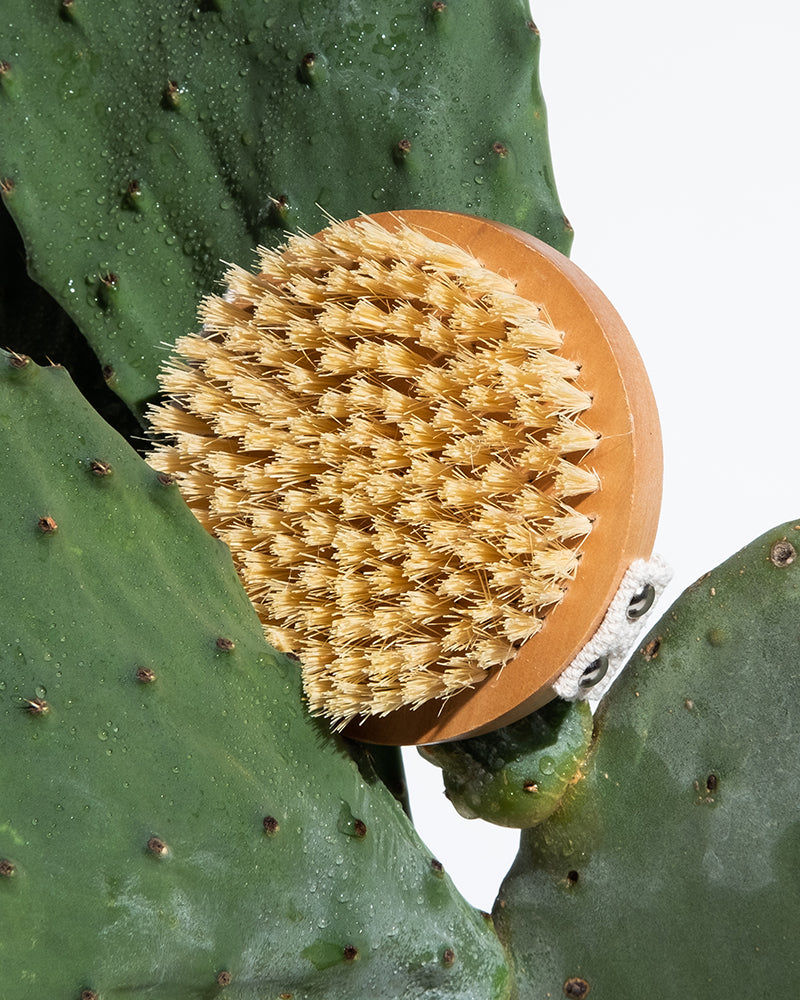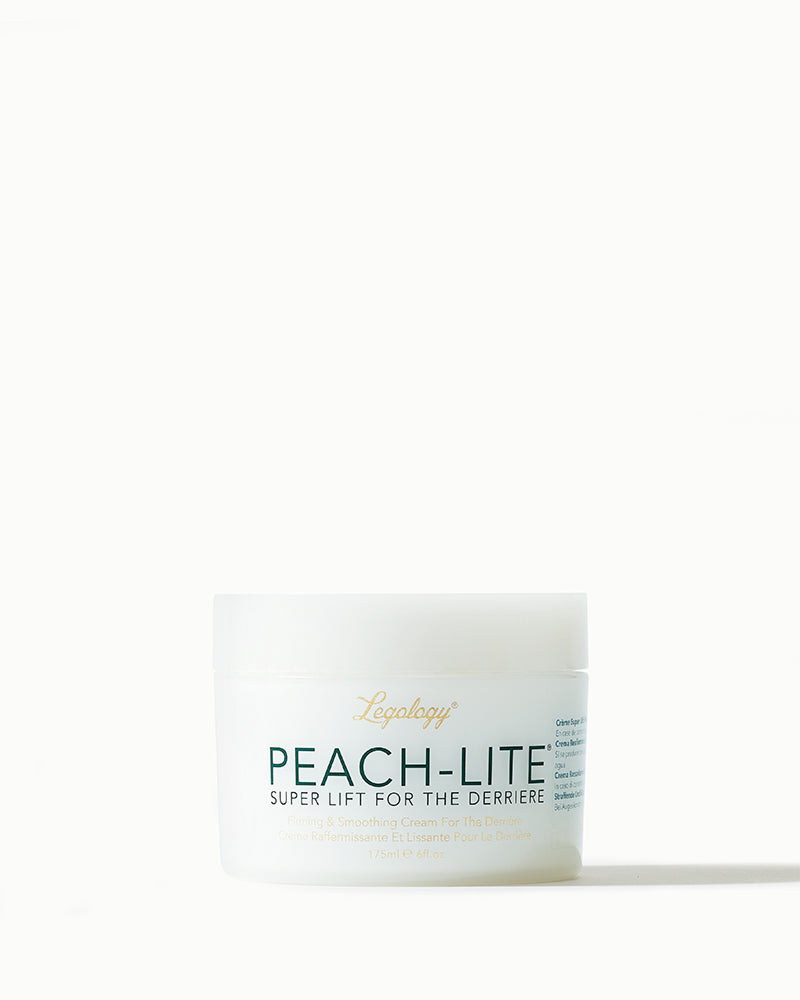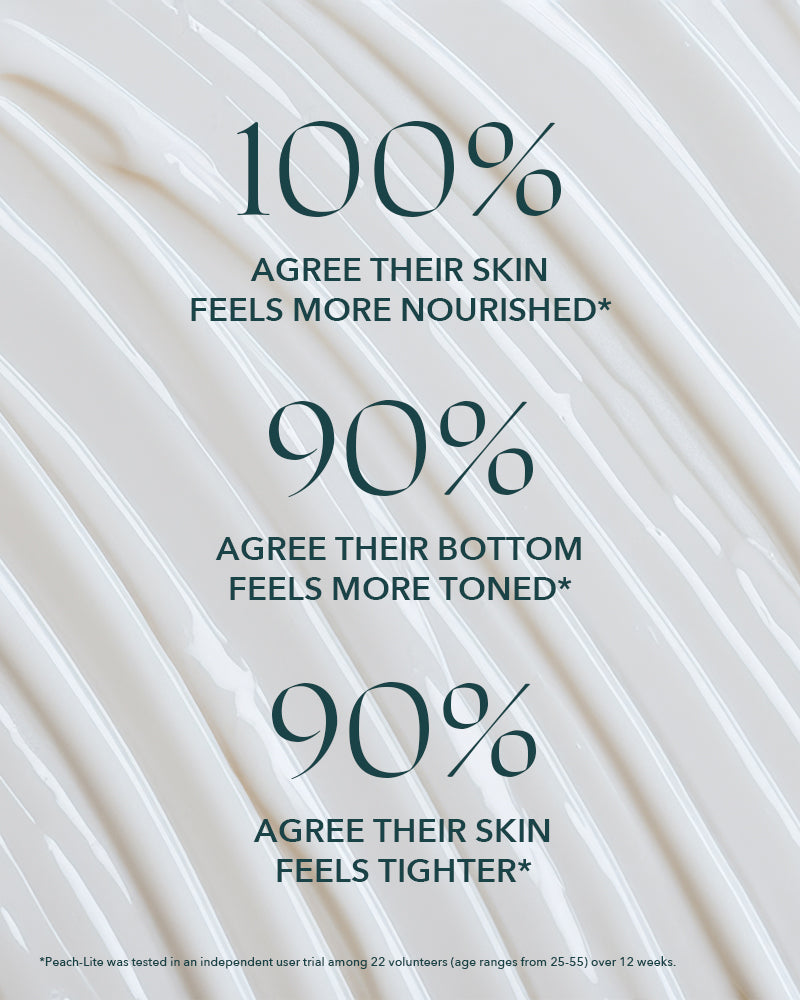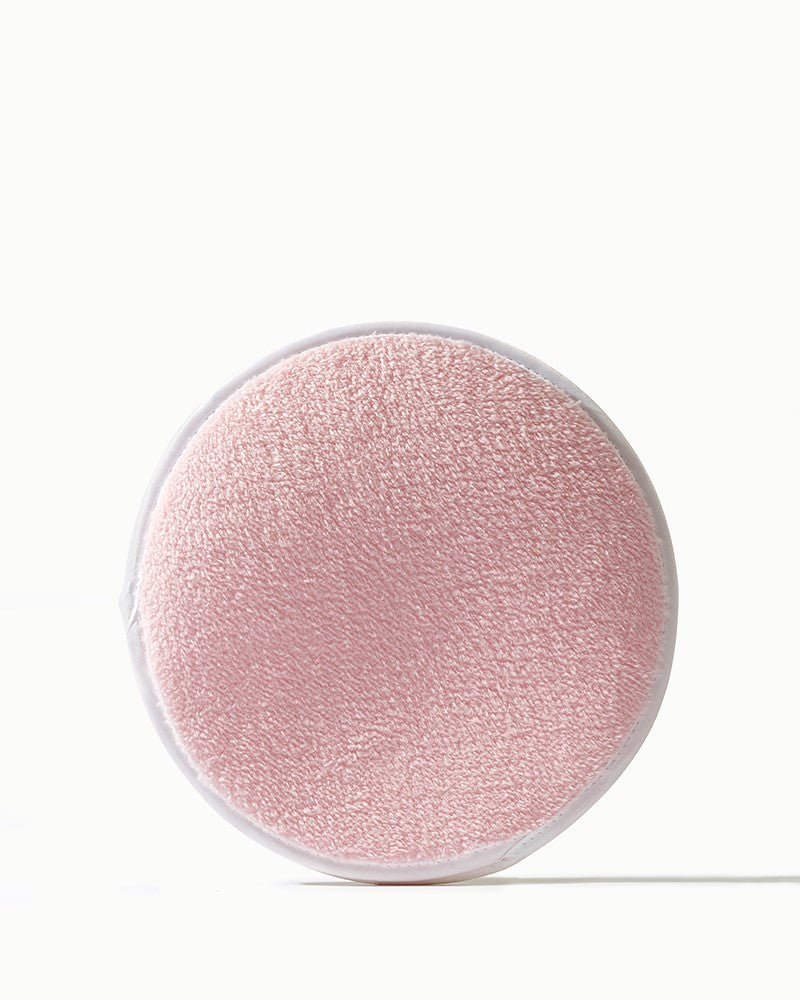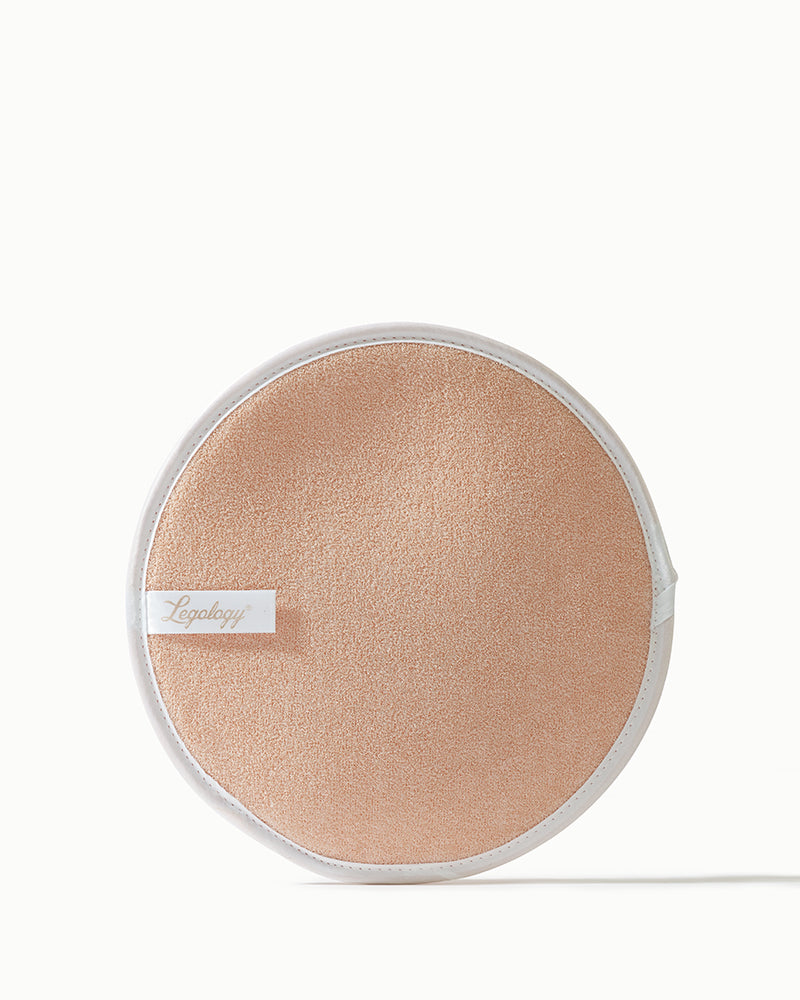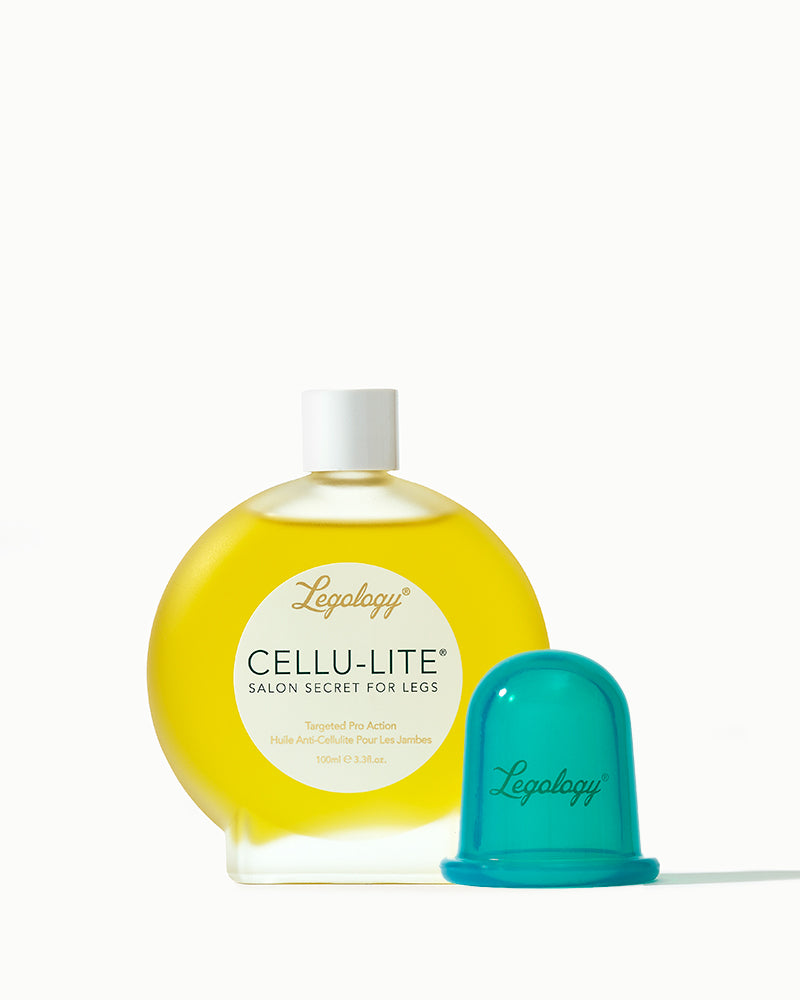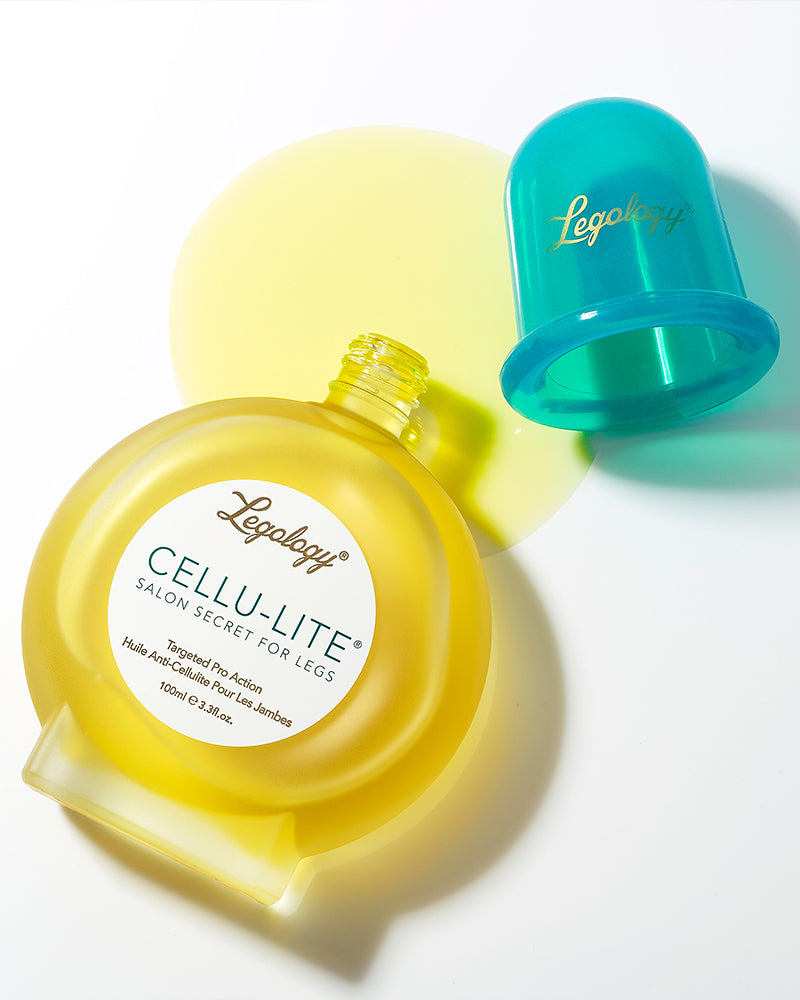Are We Drowning in Water Hype?

As actor Ian McEwan recently mused, have we all become a little too obsessed with hydration? Once content with a traditional cup of tea or a calming herbal brew, today’s health-conscious crowd now roams the streets clutching litre-sized water bottles like life support systems. But is this modern fixation on guzzling upwards of two litres of water a day truly good for us — or just another wellness myth gone mainstream?
Is More Water Always Better?
Experts say: not necessarily. While water is essential for the body's basic functions — regulating temperature, aiding digestion, supporting organ health and even keeping our figures trim — the idea that we need to drink a fixed amount daily has long been misunderstood. In reality, the body is remarkably efficient at signalling thirst when it needs hydration. Overhydration, on the other hand, can lead to hyponatremia, a potentially dangerous condition where sodium levels in the blood become too diluted.
“Drink to quench thirst,” say most health professionals. “There is such a thing as too much of a good thing.”
Whatever Happened to the Good Old Cuppa?
In the age of hydration hysteria, the humble cup of tea — once the nation's comfort — has been sidelined. But the truth is, tea, coffee, and herbal drinks all count towards your daily fluid intake. The long-held belief that coffee dehydrates you has been debunked; in fact, its mild diuretic effect is offset by its water content. Herbal teas, meanwhile, can offer additional benefits — from aiding digestion to gently detoxifying the system.
Tap vs. Bottled: Is All Water Created Equal?
Not quite — but the differences may not be what the bottled water industry wants you to believe.
- Tap water in most developed countries is heavily regulated and safe to drink.
- Mineral water contains natural minerals like calcium, magnesium, and bicarbonates — which can offer mild health benefits, particularly for digestion and bone health.
- The "dry residue" level listed on many bottles — often overlooked but significant — refers to the mineral content left behind after evaporation. A low dry residue (under 50 mg/L) means fewer dissolved solids — ideal for detoxing or sensitive kidneys.
So are mineral waters worth the cost? It depends. While some, like Contrex — a mineral water with an acquired taste beloved by French women — boast slimming claims due to high magnesium and sulphate content (both natural laxatives and diuretics), others are simply branded tap water with a luxury label.
Which Waters Have the Lowest Dry Residue?
- Mont Roucous (France): ~25 mg/L
- Volvic (France): ~130 mg/L
- Aqua Panna (Italy): ~140 mg/L
High-residue waters, like Contrex (~2078 mg/L), may benefit those needing extra minerals that encourage elimination and weight maintenance, but are not ideal for those aiming to gently cleanse the body.
Are Electrolytes Good to Add to Water?
There are situations where adding electrolytes like Humantra and HIGH5 ZERO to your daily water intake can be helpful:
- Long periods of intense exercise (especially >1 hour, lots of sweat) — you lose sodium, potassium, magnesium, etc.
- Hot weather, heavy sweating, sauna, etc. — likewise higher losses of salts/minerals.
- Illness with vomiting/diarrhoea — fluid and electrolyte loss.
- Possibly when you’re drinking a lot of very 'pure' water (low mineral content) and not getting enough minerals from food — though this is less common.
What Does Water Actually Do for the Body?
Forget the myth that it "hydrates the skin" directly — water doesn’t magically plump your face. What it does do is:
- Support liver detox by aiding bile flow.
- Dilute lymphatic fluids, helping to eliminate waste and reduce puffiness.
- Promote circulation, flushing out sodium and toxins that can become trapped in fat cells — a root cause of cellulite and bloating.
In short, water helps your body help itself.
Final Word: Balance, Not Excess
Hydration is crucial — but more isn’t always better. Replacing your daily tea with litres of cold water may not be necessary. Instead, listen to your body. Sip throughout the day, include herbal teas and mineral-rich drinks as needed, and trust your thirst to guide you.
As McEwan suggests, maybe it’s time to question the water bottle as fashion accessory — and get reacquainted with the kettle.

